Monte San SavinoLoretta Gallorini

An inhabited hamlet since the Etruscan period, Monte San Savino was developed in the Roman period around a castle called Area Alta. In the XIII centuries it was under the dominion of the Ubertini, lords of Arezzo. The decision by the town council to side with the Guelph supported by Florence, cost them the total demolition of the castle wall.
In 1337 the Monte was newly populated and subdued by Perugia, Siena and Florence, until 1550 when Cosimo de Medici, Duke of Tuscany conceeded it to Baldovino del Monte the feudal town of Monte San Savino, giving to it the title of county, notwithstanding its full autonomous jurisdiction. After some episodes under the Orsini, the Medici and the Della Rovere, the Town Council returned to the direct grand-ducal dominion.
The hamlet, home town of the notable sculptor and architect Andrea Sansovino presents to the visitor all its austere and elegant beauty. To draw back the curtain, the majestic Porta Fiorentina, work of Nanni of Baccio Bigio from a project by Vasari (XVI century). The spectacular, Cassero, econstructed by the people of Siena in 1383 and successively passed to the Florentines on which they appended their unmistakable Florentine iris.
Restructured in the 70s it is today the seat of the Museo Comunale (Municipal Museum). At its side, the Chiesa di S.Chiara (1652), where the interior preserves valuable works of Sansovino and of the tardo-robbiana school.
On one side of the piazza in front of and towering above is a proud guglia (spire) (1643), whereas on the opposite side, there is Palazzo Galletti which is presented in all of its austere simplicity. Of a Renaissance style, work of Antonio Da Sangallo del Vecchio, the Palazzo Comunale, in pietra serena and ashlar work on the ground floor and of Ionian order on the first floor.
The internal courtyard with an open gallery and three arches present two characteristic wells: The palazzo preserves on the inside precious works and a gallery of potraits of celebrated families. The Loggia dei Mercanti is very beautiful and attributed to Sansovino.
The Palazzo Pretorio of the 1300s is elegant and dates back to the period of the domination by Perugia, with a classic façade with emblems and a majestic tower which is possible to visit, from which you can enjoy a breathtaking panoramic view of the town and Valdichiana.
Particularly interesting is the Piazza Di Monte, where the house of Sansovino has been restored. Above the public fountain, the artist sculptured a valuable marzocco. Rich in artistic works is the Chiesa di Sant’ Agostino, in gothic style. The cantoria is splendid and preserves a very precious decorated stained-glass window by G. De Marcillat showing S. Agostino.
Walking through the streets of the town it is possible to stop in the numerous workshops which produce objects in ceramic, a true boast of the town. Inevitable and characteristic, the “scaldino col fischio” (a warmer with whistle) one of the most asked for local souveniers. That object characterizes the colourful and entertainng Fiera di Santa Caterina, which is held the last weekend of November and is known as as the fair of the “equino e dello scaldino col fishchio”.
Ask our staff about self-catering homes in Monte San Savino.

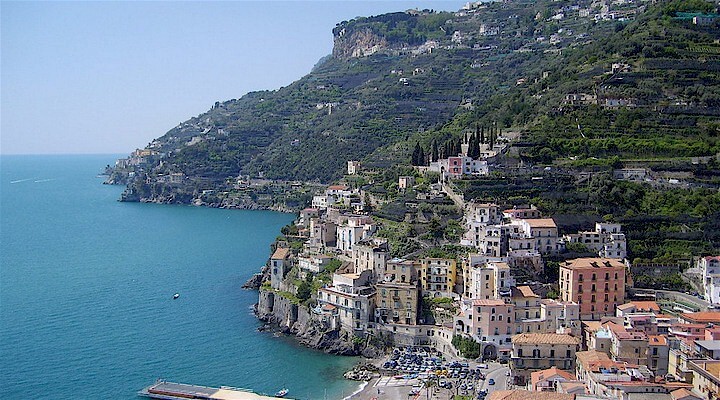 Amalfi Coast
Amalfi Coast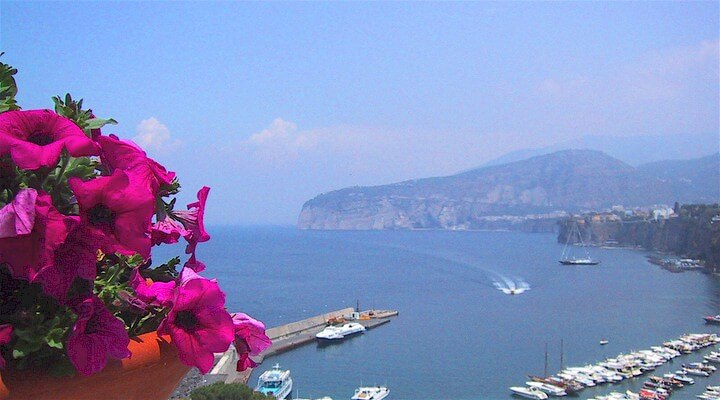 Sorrento Coast
Sorrento Coast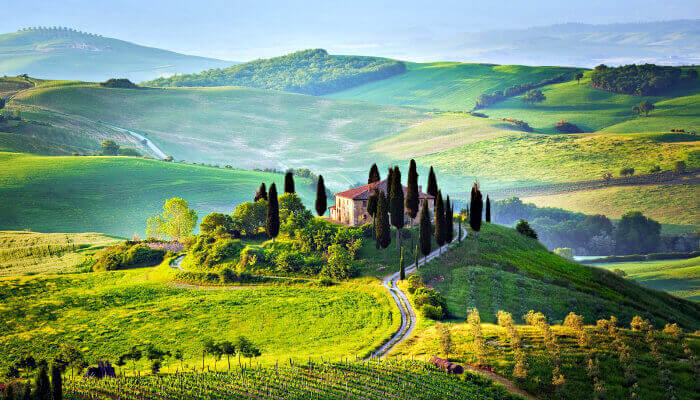 Tuscany
Tuscany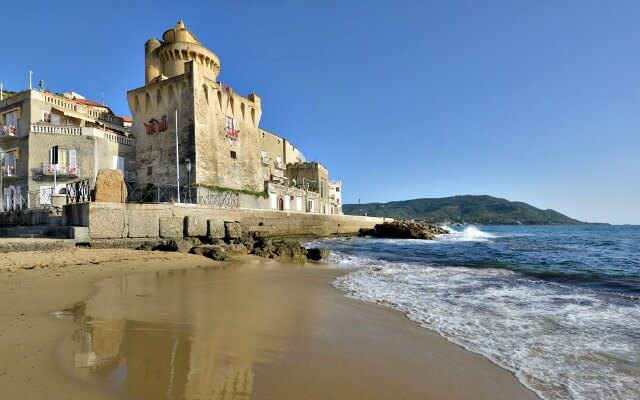 Cilento National Park
Cilento National Park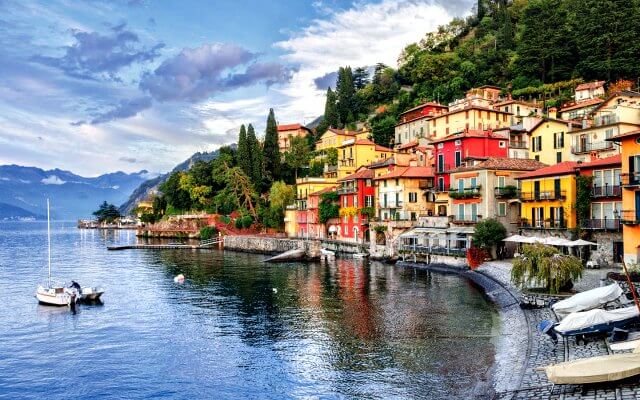 Lake Como
Lake Como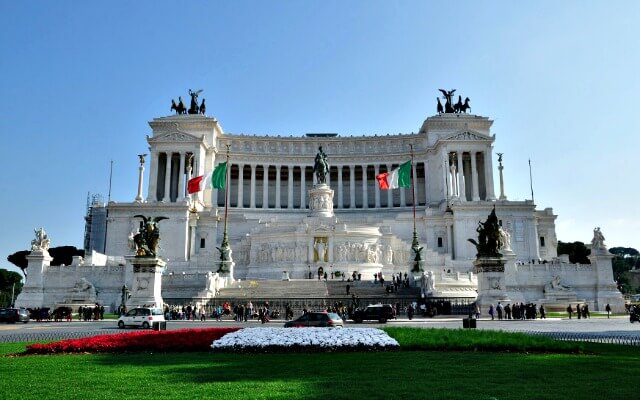 Rome and Latium
Rome and Latium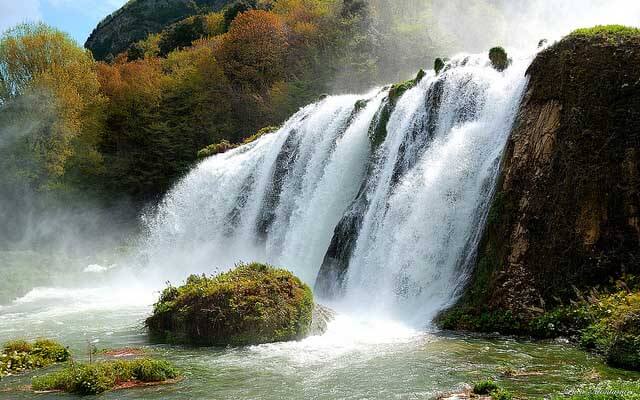 Umbria
Umbria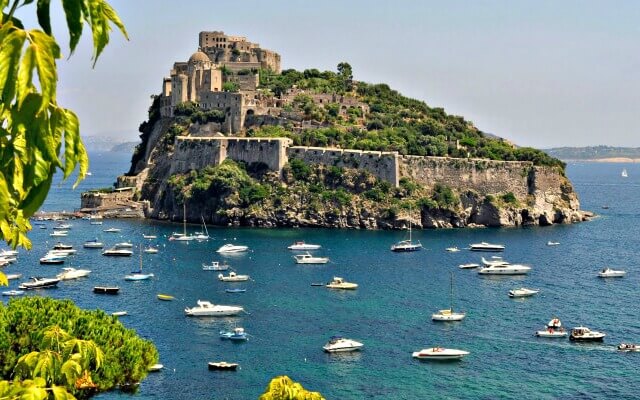 Capri and Ischia
Capri and Ischia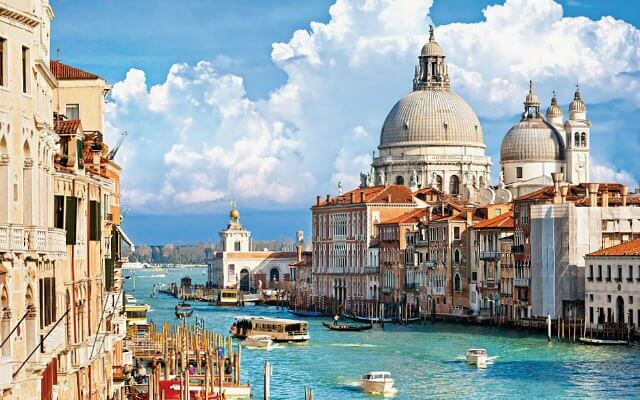 Venice
Venice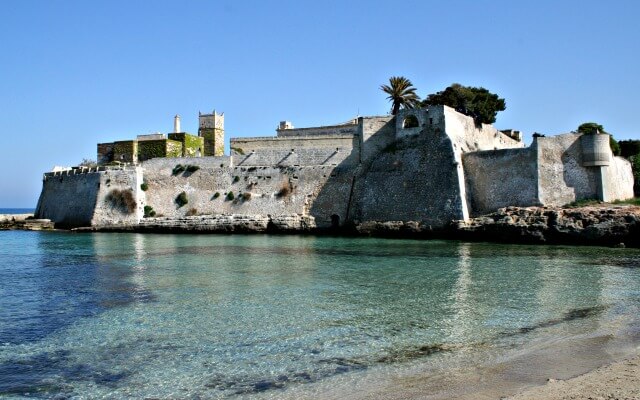 Puglia (Apulia)
Puglia (Apulia)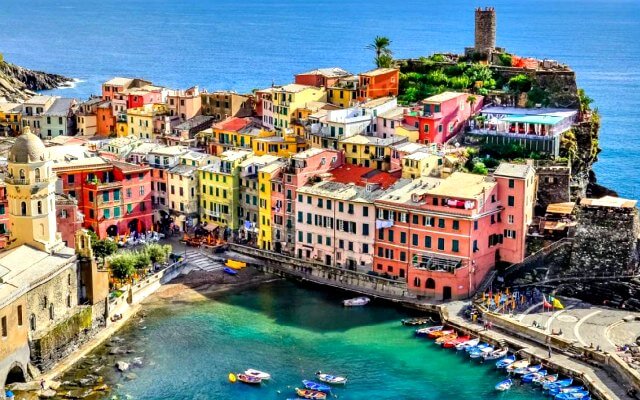 Liguria
Liguria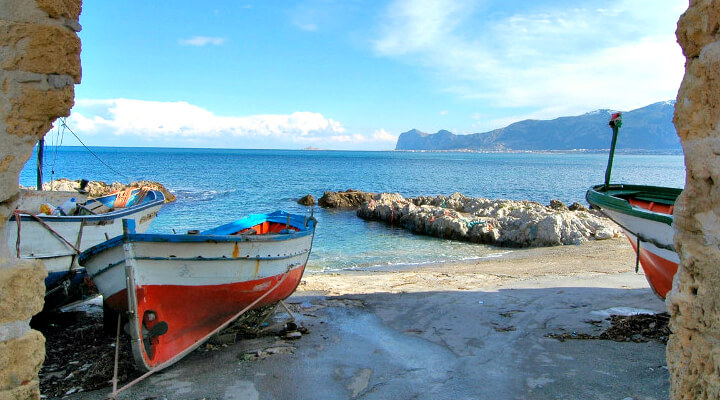 Sicily
Sicily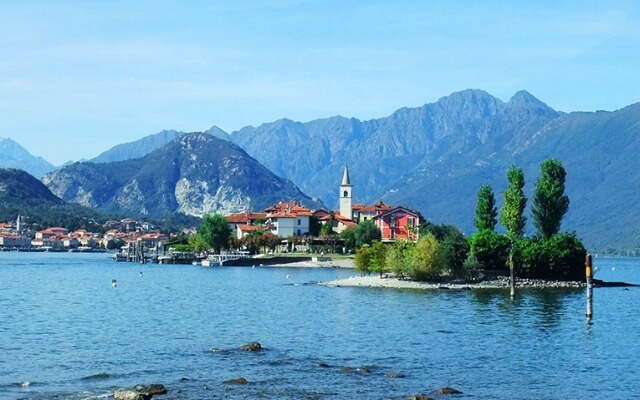 Lake Maggiore
Lake Maggiore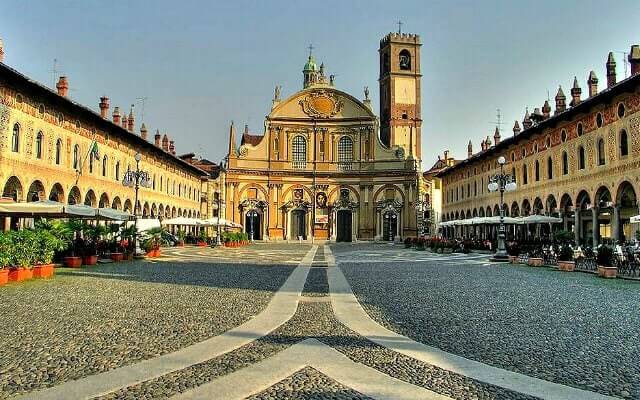 Lombardy
Lombardy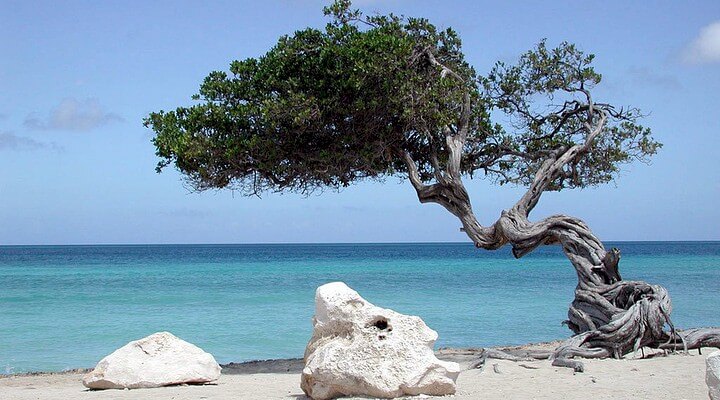 Sardinia
Sardinia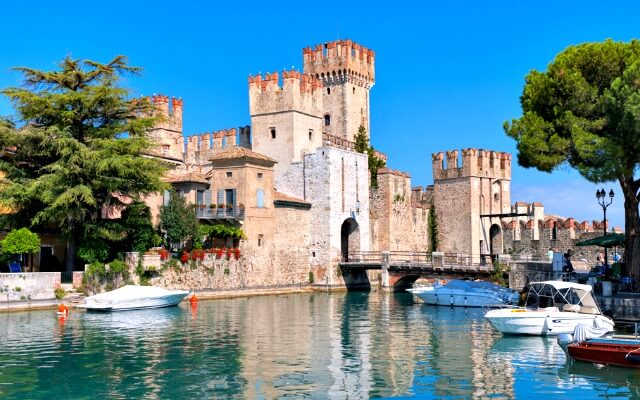 Lake Garda
Lake Garda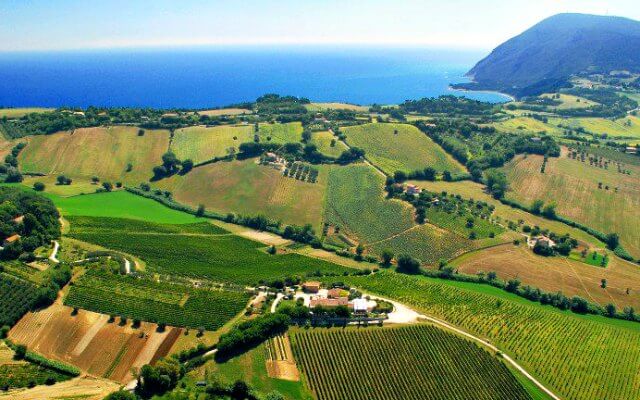 Abruzzo and Marche
Abruzzo and Marche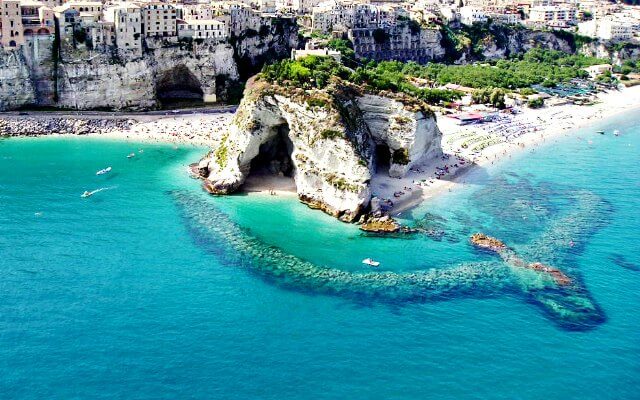 Calabria
Calabria

